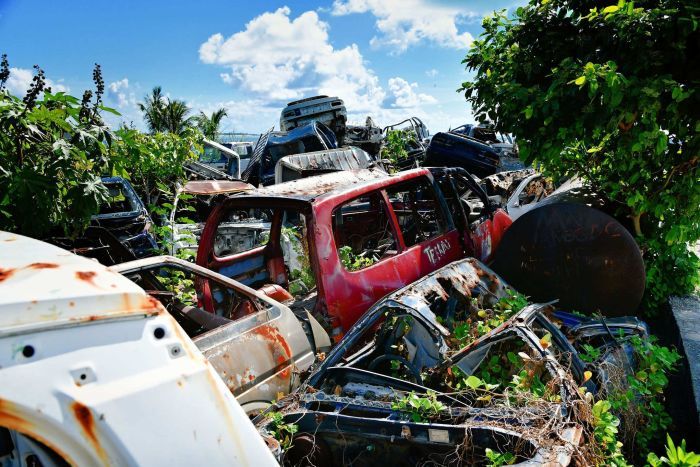Regional Project
Regional Bulky Waste Management
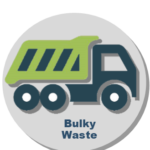
Bulky Waste Management
Bulky Waste Management
Bulky Waste is identified as wastes that are too large to be collected through regular waste collection services. When not managed well, these items are a breeding ground for vector-borne disease and a source for environmental pollution especially from hazardous materials such as oil, coolant, fuel, brake, and other fluids; air-conditioning gases; and heavy metals including lead, hexavalent chromium, cadmium, and mercury.
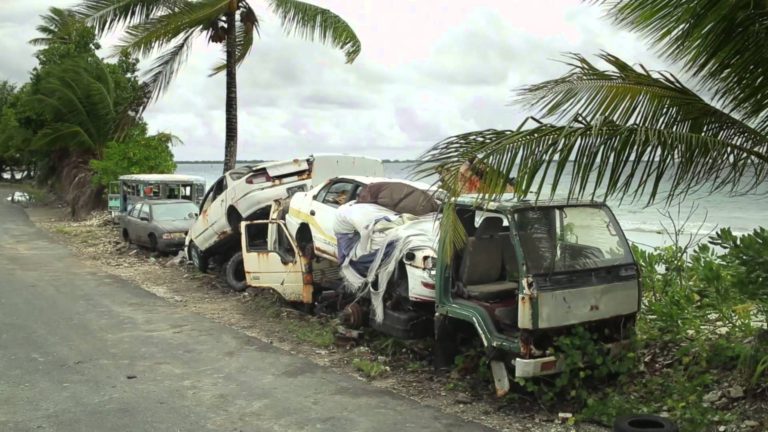
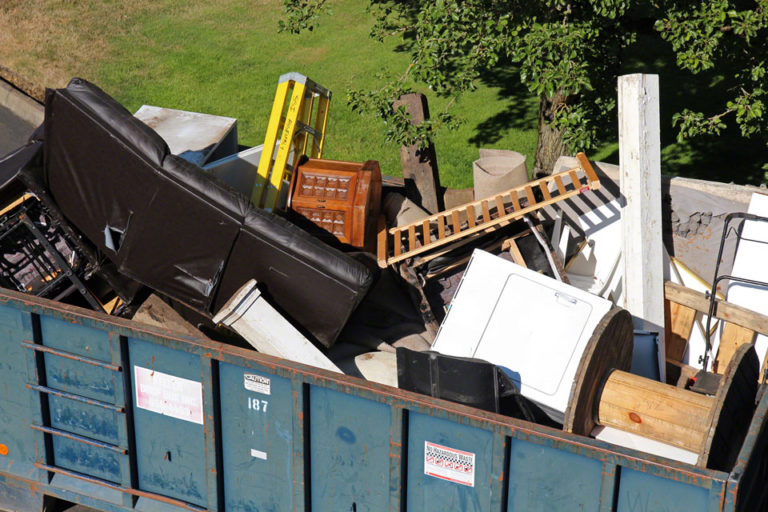
Project Description
PacWastePlus is assisting Pacific Island Countries to improve the management of End-Of-Life vehicles and End-of-Life Tyres by providing guidelines and technical notes on safe handling and dismantling and options for in-country management of these items.
What will this project do?
This regional project will work with the GEF ISLANDS project to develop:
- Guiding document and a Decision Support Tool to guide participating countries on how to design and implement a national ELV management programme.
- Develop Drafting/Guiding Notes on how to draft national legislation for the management of End-of-Life vehicles
- Establish safe Dismantling Training Manual to be implemented by national governments to ensure both safeties of workers and prevent discharges into the environment.
- Publications and awareness materials
Latest news & updates
Browse through all the news & updates related to this project
Project resources
Browse through all the resources published from this project.
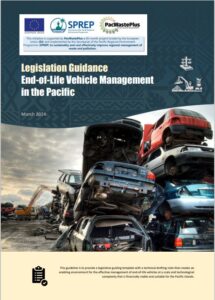
Resource Template
Legislation Guidance End-of-Life Vehicle Management in the Pacific
PacWastePlus is assisting Pacific Island Countries to improve the management of End-Of-Life vehicles and End-of-Life Tyres by providing guidelines and technical notes on safe handling and dismantling and options for in-country management of these items. This guideline is to provide a legislative guiding template with a technical drafting note that creates an enabling environment for the effective management of end-of-life vehicles at a scale and technological complexity that is financially viable and suitable for the Pacific Islands.
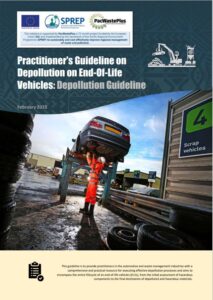
Guideline
Practitioner’s Guideline on Depollution on End-Of-Life Vehicles: Depollution Guideline
The main objective of this guideline is to provide practitioners in the automotive and waste management industries with a comprehensive and practical resource for executing effective depollution processes. This guideline aims to encompass the entire lifecycle of an end-of-life vehicles (ELVs), from the initial assessment of hazardous components to the final destination of depolluted and hazardous materials.
By outlining step-by-step procedures, safety measures, and disposal protocols, this guideline seeks to minimise environmental contamination and promote the safe handling of hazardous substances. This guide was developed for PacWaste Plus participating countries to address the ELV depollution before being baled and shipped to the designated country where further ELV processing can be done.
The target audience of this guideline are the managers and technicians at the depollution and dismantling site, and other local recycler owner-operators. This guideline does not constitute binding regulation and is developed for advisory purposes alone.
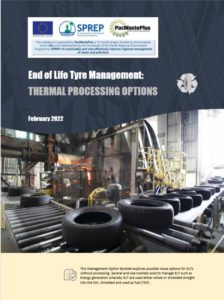
Booklet
End of Life Tyre Management: Thermal Processing Options
This Management Option Booklet explores possible reuse options for ELTs without processing. Several end-use markets exist to manage ELT such as Energy generation whereby ELT is used either whole or shredded straight into the kiln. shredded and used as fuel (TDF)
Frequently Asked Questions
-
- Without proper processing, scrapping, and recycling, End of Life Vehicles (ELV) are abandoned, landfilled, or stockpiled at poorly managed scrap yards.
- ELV contains hazardous components that have environmental and health impacts
-
1.Designing Legislation on End of Life Vehicle and End of Life Tyres management – A Guide for Legal Drafters
2.Training Manual – to mainstream waste management into existing Automobile courses
3. Guideline – to ensure safe handling, dismantling, storage and disposal of End of Life Vehicle and End of Life Tyres management



